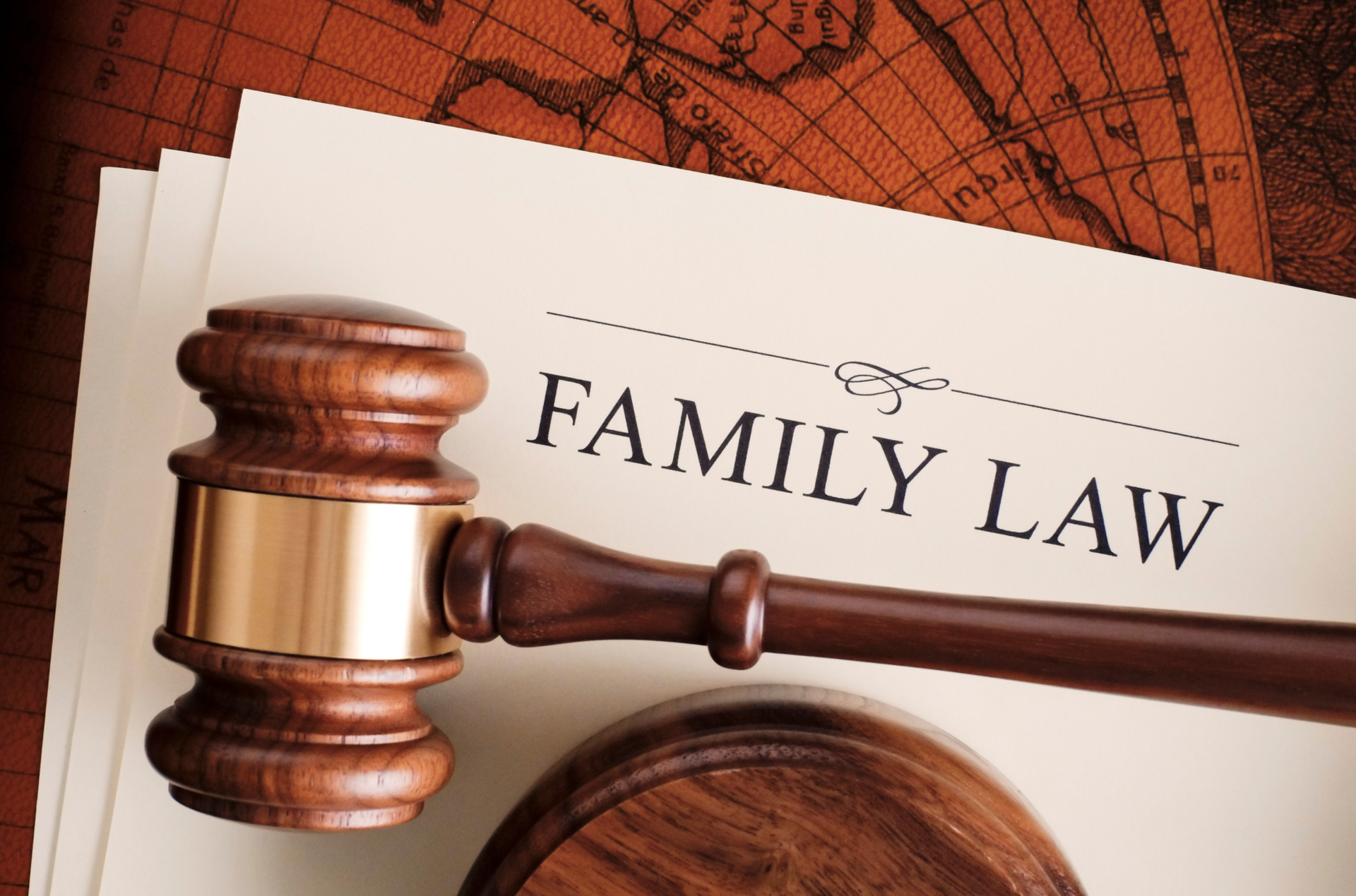How does Marriage Equality impact my Adoption?
Adoption is guided by statutes established in each individual state. There is no universal adoption law that applies similarly to each state. This is why interstate adoptions can be complicated and require an attorney with specific experience and knowledge in the field. In addition, if you are lesbian or gay and trying to adopt – whether through an agency, private adoption or by means of a step parent or second parent adoption, the changing landscape of marriage equality becomes an important factor to consider. Your adoption attorney should not only be well versed in ICPC, interstate, private and agency adoptions but they should have experience working with the LGBT community in handling in-state second parent adoptions but also in working with the community through complex, multi-step interstate adoptions.
Second Parent Adoption
Second parent adoption is a process that allows a second parent to adopt a child without the ""first parent"" losing any parental rights. In this way, the child comes to have two legal parents. It also typically grants adoptive parents the same rights as biological parents in custody and visitation matters. In most states that allow second parent adoptions, the parents do not have to be married to be able to complete the adoption. Thus, marriage is not a factor and marriage equality does not change or impact this process. Keep in mind that a second parent adoption is NOT dependent on a marriage to be completed, rather, the state allows the adoption based on independent best interest grounds.
Step Parent Adoption
Step parent adoption is a process that allows a person to adopt their spouses’ child(ren). In almost every state in the country there are statutes that provide a process to complete a step-parent adoption. The adoption is dependent on the marriage in a step-parent adoption. In this type of adoption marriage equality matters! If you are married in a state that recognizes your marriage you should be able to take advantage of the step-parent adoption statutes to adopt your spouse’s child. This is a huge leap forward for LGBT parents who have been residing in non-recognition states. However, because the adoption is dependent on a marriage an analysis should be done to determine if you can obtain a second parent adoption in another jurisdiction like the District of Columbia rather than a step-parent adoption in your home state. It is true that whether you obtain a second parent or a step parent adoption, all other states should give your final decree full faith and credit and recognize your parentage but the concern raised by the LGBT professionals for years has not gone away – if your adoption is based on a marriage that is not recognized in another state, can your adoption be challenged? We hope not but there is no certainty until marriage recognition is achieved universally across the county. So, if step-parent in your home state is your only option, you should proceed but if you have an option to obtain a second parent adoption in a neighboring jurisdiction, you should talk to an attorney before proceeding.
Interstate Private Adoption
The impact on interstate adoption is not fully known and it will take time for the regulations and laws to catch up with the change in marriage equality. Unlike laws that are state specific and impact only the residents of that state, an interstate adoption requires that you consider the laws of not only your state but the laws of the placing parents state and if you are using an out of state agency, the laws of the agency state. Also adding to the analysis is the ICPC (interstate compact on placement of children) process where both the sending (where the baby is born) and the receiving (where the adoptive parents live) states have to approve the placement prior to the adoptive parents traveling home with the baby. In this regard, it is not just local courts applying statutes like in a step-parent adoption but rather state public (ICPC) and private adoption agencies considering regulations and laws of each state involved in the adoption plan. For example, if a married lesbian or gay couple is home study approved in their state and they locate a placing mother in a non-recognition there could be complications. Since one state does not recognize their marriage, the ICPC office may have trouble accepting their home study and approving the placement. They would not be able to complete their adoption in the non-recognition state which means they would have to utilize their home state adoption laws which may not be as favorable to one or both of the parties to the adoption. However, with the marriage recognition, there is no doubt that adoptions for LGBT couples are going to open up in all 30 recognition states – the states that recognize the marriage cannot now take the position that the couple’s marriage prevents them from adopting. Therefore, a whole new world of opportunities and jurisdictions has opened from which the LGBT community can adopt.











